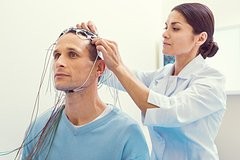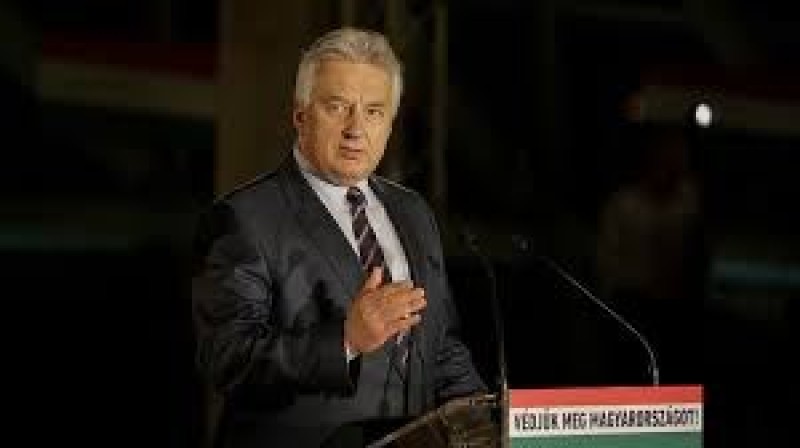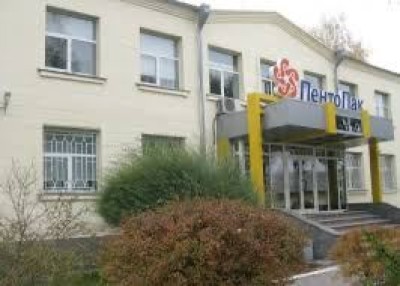AC brain stimulation improves memory

Researchers at Boston University in Massachusetts have shown that transcranial alternating current stimulation (tASC) leads to modest improvements in cognitive functions such as attention, long-term memory, working memory, problem solving and new information processing. This is reported in an article published in the journal Science Translational Medicine.
The researchers analyzed scientific studies that tested tACS and its closely related technology, tDCS—transcranial direct current stimulation—in 2,893 healthy volunteers and people with neuropsychiatric conditions such as depression or Parkinson's disease. Although the effectiveness of these methods was initially reported, the results of other studies were inconsistent or could not be replicated.
A meta-analysis of over 100 studies of the tACS method confirmed that it does lead to significant improvements in mental performance, at least in the short term. The effect on cognition was more significant after completion of treatment rather than during, and higher intensity stimulation is not necessarily more beneficial. In addition, the effectiveness of the method may depend on the location of the electrodes on the heads in accordance with the models of stimulation of electric fields generated by the brain.
In studies in which stimulation was directed to multiple areas of the brain at the same time, cognitive function improved or worsened according to the relative phase of AC in the two areas of the brain: in-phase or out-of-phase, respectively.
However, many tACS studies have had significant shortcomings. Thus, 98 out of 102 papers were not previously registered, and their authors did not present their hypotheses and methods in open publications before the start of the experiments. This increased the risk of bias, where positive results are more likely to be published than negative ones.
The U.S. Food and Drug Administration (FDA) has not approved tACS or tDCS to treat any disease, but other regulatory agencies, such as those in Europe, Brazil, China, Australia, and Mexico, have approved tDCS to treat some conditions. such as depression or pain. .


















